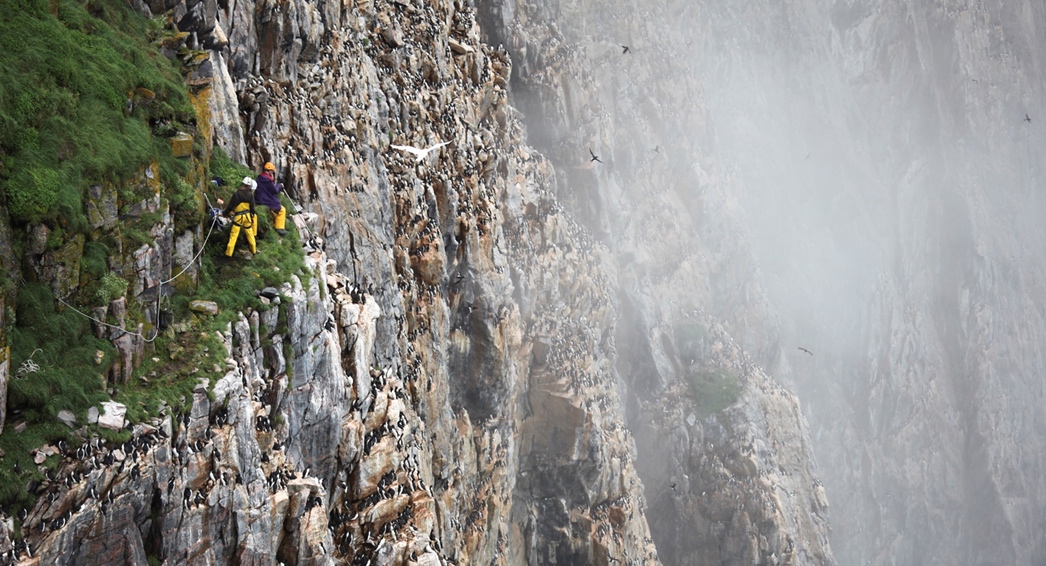The federal government says it's beefing up the ecological protection of a newly created national urban park in Toronto while allowing farms in the park longer term leases of up to 30 years.
The 79-square-kilometre Rouge National Urban Park on the eastern fringe of Canada's largest city formally came into being in April 2015 under the former Conservative government.
But long-standing tensions between conservationists and some 75 working farms on the parkland remained unresolved.
Many in the environmental community criticized the original Rouge park legislation for failing to provide the same ecological protections as other national parks.
New amendments to the park legislation introduced Thursday in parliament formally expand the park's borders by about 17 square kilometres and make ecology the top priority for the park's management.
The amendments also clarify that ecological integrity won't stop working farms within the park, while a side agreement will allow farm leases on the land to be extended up to 30 years in duration, instead of the current year-to-year leases.
"We all had to step outside our comfort zones on this one," Anna Baggio, the director of conservation planning for Wildlands League, said in an interview, citing the difficulties of carving out a park in middle of an urban area of some seven million people.
"The typical conservation model may not apply. All of us had to be a little more creative."
Environment Minister Catherine McKenna did not directly respond when asked if a deal was struck to give farmers more long-term security in return for more restrictive land-use rules.
"We've had many, many conversations with the farmers and we want them to be part of the park," McKenna said at a brief news conference on Parliament Hill.
"They understand that ecological integrity is a priority. They also recognize that we value that we have farms in the park."
Officials with the Ontario Federation of Agriculture could not immediately be reached for comment.
Brad Duguid, Ontario's minister of economic development, employment and infrastructure, called the new legislation "a significant improvement that both elevates ecological integrity as the guiding principle, yet remains sensitive to agricultural interests in the park."
The amendments also change the Canada National Parks Act to reduce Wood Buffalo National Park in northern Alberta by 37 square kilometres. That land, northwest of Fort McMurray, will go to create the Garden River Indian Reserve, according to a government release.
Rouge National Urban Park is unique in Canada and one of the world's largest urban protected areas. Parks Canada says it is home to more than 1,700 species of plants and animals, including 27 species at risk.
About 20 per cent of the country's entire population lives within an hour's drive of the park.
The Canadian Press





Comments